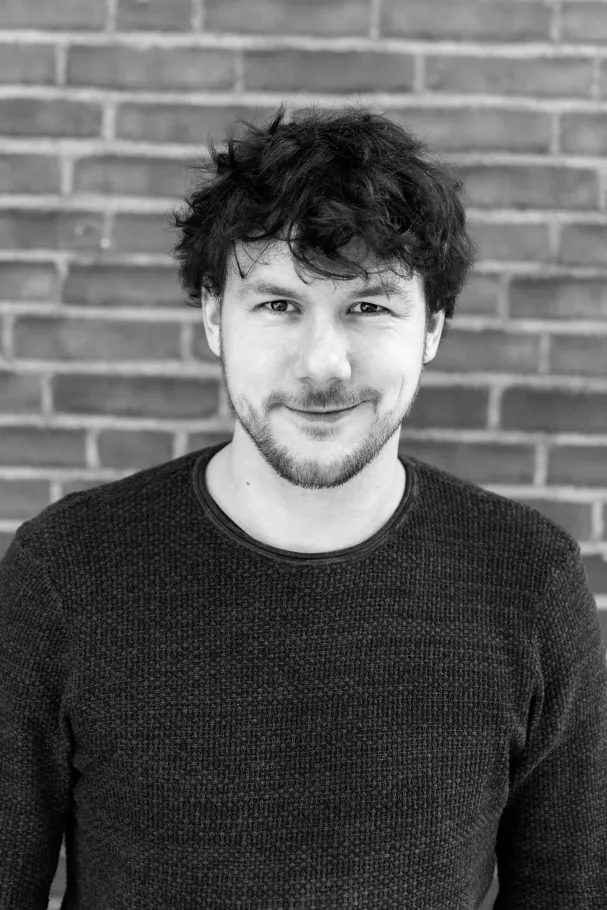
Kai Karos
Kai Karos is an Assistant Professor in the group of Experimental Health Psychology, Department of Clinical Psychological Science at Maastricht University in the Netherlands. He has a background in experimental clinical psychology (MSc, 2012) and he completed his PhD at the KU Leuven in Belgium, focusing on the effects of social threat on the experience and expression of pain. Since then, his research at large has focussed on the sociocultural dynamics in pain, with a special focus on the ways that pain interferes with human social needs (e.g., the need to belong, the need for justice, and the need for autonomy). His research is primarily inspired by social, health, and learning psychology, with a special focus on experimental laboratory studies that attempt to mimic pain-relevant interpersonal interactions in the real world.
More specifically, his research focuses on topics such as the social transmission and communication of pain, stigmatization, and invalidation in the context of pain, the effects of injustice on the perception and expression of pain, pain estimation and assessment, the role of social support in pain, and the role of social context in the acquisition and extinction of pain-related fear and avoidance behaviour. As such, his research is highly relevant to better understand mechanisms underlying health inequities, where factors such as stigmatization and injustice are central. He is also a strong advocate for a wider focus of pain science, away from the sole focus on individuals and towards a broader appreciation and understanding of systemic and socio-cultural forces in healthcare, culture, and politics that affect pain care and health equity. Kai is also founding committee member of the Special Interest Group on Social Aspects of Pain of the International Association for Pain. Kai has been collaborating with Dr. Vervoort for years, most notably by collaborating as editors for the first book on interpersonal dynamics of pain entitled “Social and interpersonal dynamics in pain: We don’t suffer alone”.
Back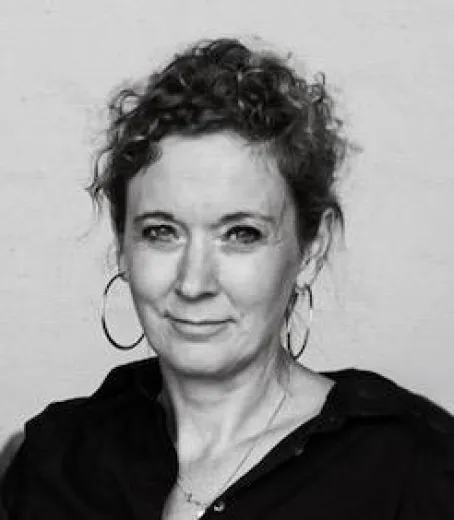
Tine Vervoort
Tine Vervoort is Associate Professor & Head of the Health Equity Advancement Lab in Ghent. She leads a theoretically integrative and clinically informative program of research on interpersonal dynamics in pain and mental health care ...

Ama Kissi
Ama Kissi co-leads the Health Equity Advancement Lab in Ghent and holds a position as senior post-doctoral researcher. Her research concerns innovative work on the psychosocial determinants of racism in pain and mental health care...
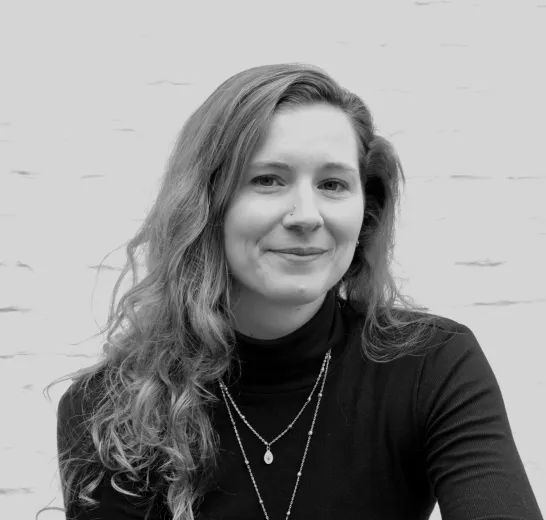
Fleur Baert
Fleur Baert is a senior post-doctoral fellow in the lab whose current research centers on intersectional dynamics of credibility and communication within chronic pain care ...
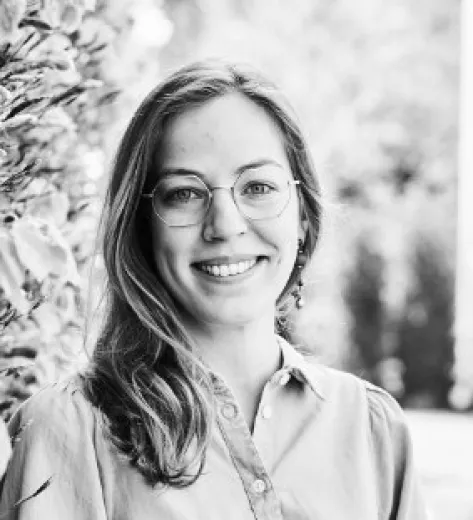
Maité Van Alboom
Maité Van Alboom is a post-doctoral fellow in the lab. She has conducted stigma research for several years. Her current work expands this focus to aging, examining ageism, existential concerns, and mental well-being among older adults through an intersectional lens...

Aline Wauters
Aline Wauters is a post-doctoral fellow in the lab coordinating and leading research on memory for pain and birth related experiences and overall perinatal mental health...
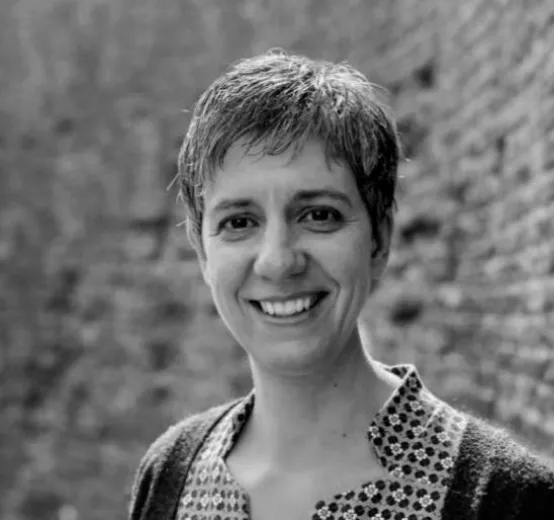
Maaike Afschrift
Maaike is a clinical psychologist and client-centered and experiential psychotherapist specialised in Focusing and Focusing Oriented Therapy. Within our lab, she contributes as a teaching assistant for the course 'Psychological Skills & diagnostics'...
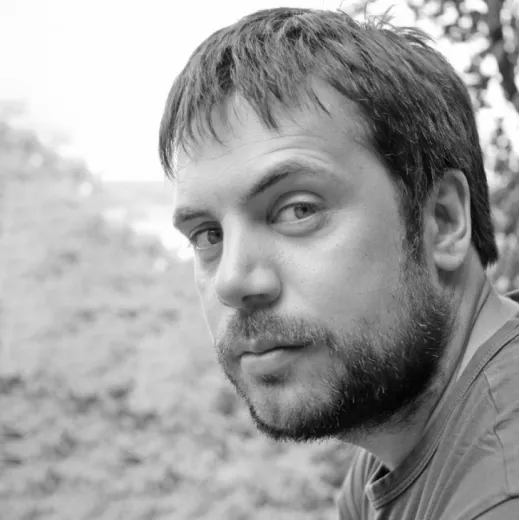
Dimitri Van Ryckeghem
Dimitri Van Ryckeghem is a visiting professor at Ghent University and assistant Professor at Maastricht University. He adds expertise in pain psychology and digital interventions to enrich the lab’s focus on empathy and human experience ...

Melanie Noel
Melanie Noel is Professor at the University of Calgary (CA) and international partner of our lab. She is internationally recognized for her groundbreaking work on children’s memories for pain, co-occurring mental health issues and intergenerational trauma and pain...
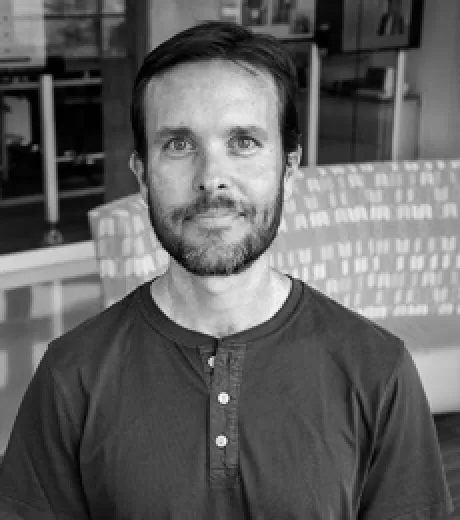
Adam Hirsh
Adam Hirsh is Professor at Indiana University Indianapolis (USA) and international partner on several research projects of our lab. Collaborative work is reflected by innovative, cross-cultural studies on pain-related injustice and racial disparities in child pain care...